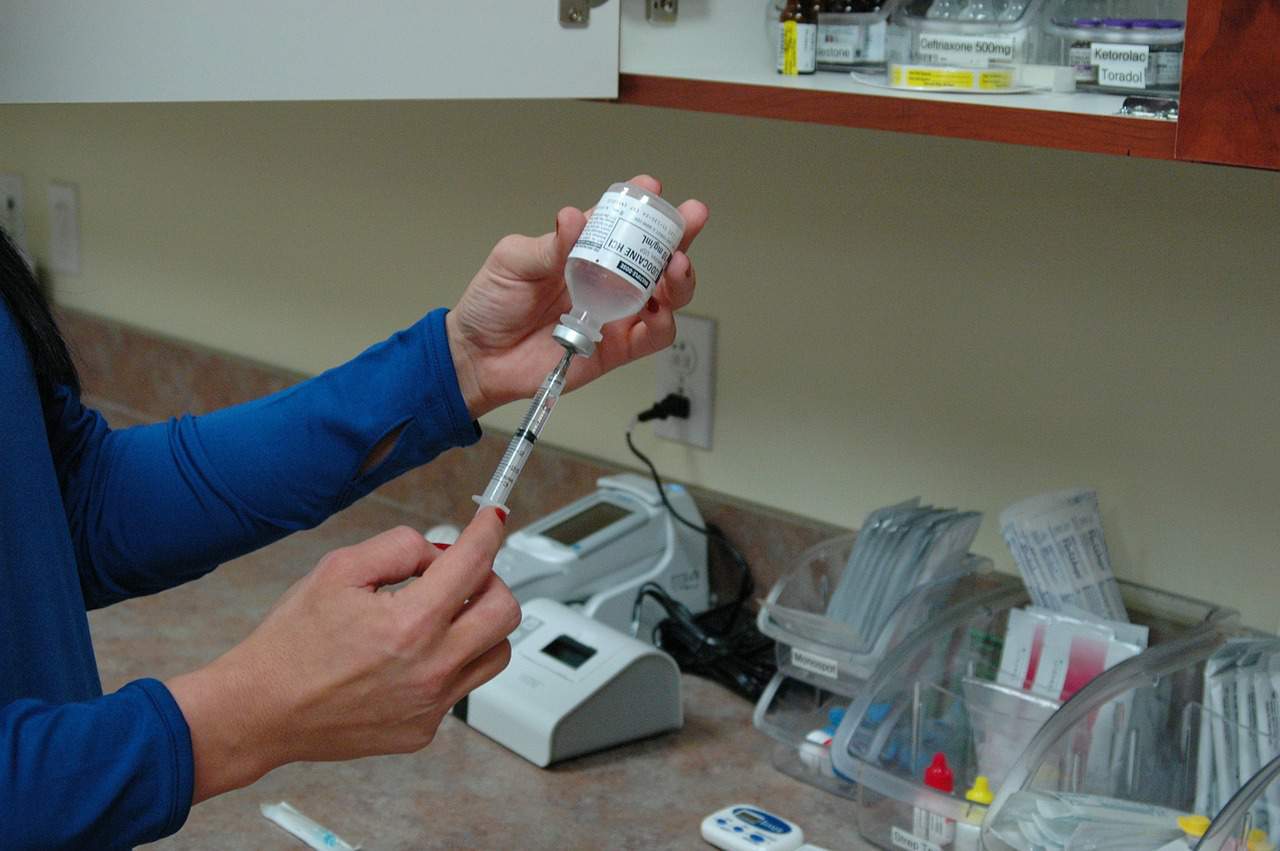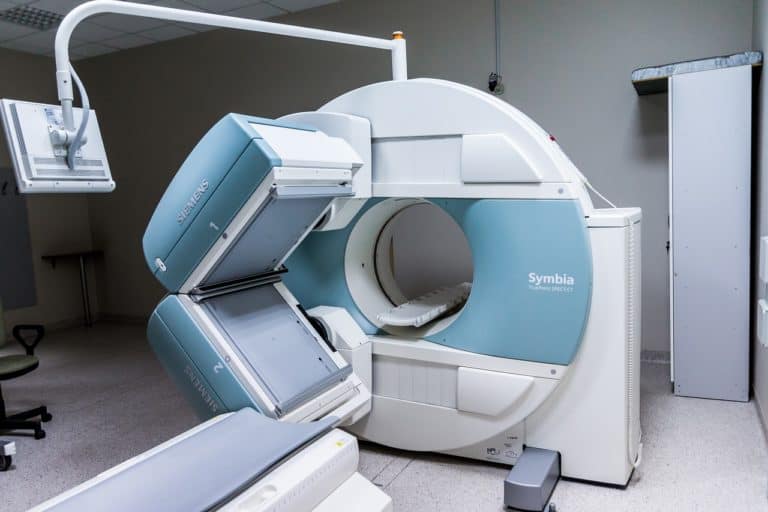Provenge clinical trials are necessary in order to obtain approval for the treatment of advanced prostate cancer. The goal of the clinical trials is to add to the medical knowledge related to advanced prostate cancer. Provenge clinical trials involve human volunteers or participants who receive specific interventions based on a protocol developed by researchers.
Who conducts Provenge clinical trials?
Provenge clinical trials are led by a principal investigator, a medical doctor who is familiar with treatment and research related to advanced prostate cancer. The Provenge clinical trials include other health care professionals such as nurses and social workers.
The Provenge clinical trials are sponsored by the pharmaceutical company Dendreon. Denedron compensates physicians for participating and enrolling patients into studies. Patients generally receive treatments in clinical studies free of charge and may receive reimbursement for things like travel or time for extended visits associated with clinical trials.
Is a placebo used in Provenge clinical trials?
In some of the Provenge clinical trials, the Provenge infusion was compared to a placebo. The reason for the placebo is that when new drugs like Provenge are being developed, it is not initially known if a treatment is helpful, harmful, or if another treatment might be better.
A placebo is a treatment has no active component and will not have a treatment effect. Placebo treatment in Provenge clinical trials helps the researcher determine in Provenge is as good or better than other treatments and also helps determine if side effects experienced by patients are due to Provenge or not. In Provenge clinical trials the placebo was an infusion so that doctors could not tell if the patient was receiving Provenge or not.
Some examples of why placebos are used in Provenge clinical trials:
- If a patent experiences a side effect like headache, placebo helps determine if headache (or other side effects) occur with the same frequency in patients treated with Provenge compared to those not treated with Provenge.
- When patients are given placebo, it is easier to determine if outcomes like time to worsening of prostate cancer or survival are different.
How are participants protected in Provenge clinical trials?
When you participate in a Provenge clinical trial, you must give informed consent. This is a process where the principal investigator will provide you with information about the clinical trial. Based on the information provided, you can decide if you want to participate or not. The principal investigator will explain to you what the trial is all about, what you can expect, as well as important safety information and other potential treatments.
Patients are also protected by an institutional review board (IRB). This is a group of physicians, researchers, and community members who review research to make sure it is ethical and that your rights are protected as a research participant. The IRB makes sure that, as much as possible, your risks of participation are minimized and reasonable compared to the potential benefits of receiving the Provenge infusion.
Finally, many clinical research studies have a data monitoring board that reviews safety and treatment data so that changes can be made or a study stopped if needed.
Provenge clinical trials: phases
When drugs are going to be approved for use in humans by the Food and Drug Administration (FDA), they generally progress through the following phases:
- Phase 1: Phase 1 Provenge clinical trials focused on the safety of Provenge in men who were not successfully treated with standard therapy. Outside of cancer, these studies are initially done on healthy volunteers. These sorts of studies are done in a small number of patients to determine side effects.
- Phase 2: In phase 2 studies the purpose is to begin to collect preliminary data on whether or not a drug is effective in patients who have a certain condition like advanced prostate cancer. Some Provenge clinical studies combined Phases 1 and 2 together.
- Phase 3: In these Provenge clinical trials, patients either received Provenge or a placebo. Patients were monitored for clinical outcomes such as disease progression or survival. In the randomized, late stage clinical trials that were used to obtain FDA approval for Provenge, overall survival was significantly improved compared to placebo.
- Phase 4: These studies occur after FDA has approved a drug for general use. Drugs continue to be monitored to look for safety and efficacy of Provenge.
If you think a clinical trial might be for you, you can find out more at ClinicalTrials.gov.
Read more in our Prostate Cancer Health Center.
References
Anassi E, Ndefo UA. Sipuleucel-T (Provenge) injection: the first immunotherapy agent (vaccine) for hormone-refractory prostate cancer. Pharmacy and Therapeutics 2011 Apr; 36(4)
Learn about clinical studies. ClinicalTrials.Gov. Accessed April 16, 2013.







